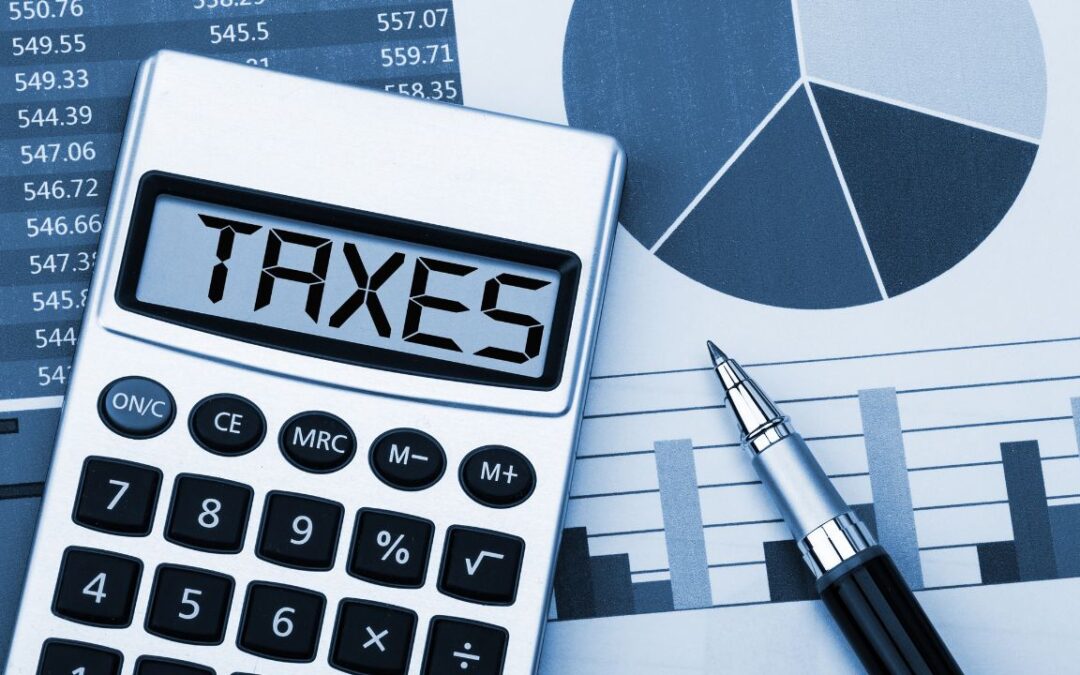When you decide to run your own business as a sole trader in the UK, understanding how sole trader taxes work is a key part of your entrepreneurial journey. Whether you’re just starting out or have been trading for a while, knowing the basics of tax treatment can save you time, money, and a lot of stress.
Being a sole trader in the UK
A sole trader is the simplest and most common business structure in the UK. It’s perfect if you want to start small or keep things straightforward. As a sole trader, there’s no legal separation between you and your business. You keep all your profits after taxes, but here’s the catch: you’re also personally responsible for any debts your business owes.
As a sole trader, keeping accurate records isn’t just a good habit, it’s a legal requirement. You need to track your income and expenses throughout the year, not only to make filing your tax return easier but also to avoid any penalties if HMRC decides to inspect your records.
To get started as a sole trader, you’ll need to:
- Register with HMRC
- File a self-assessment tax return
- Pay income tax and NICs
It’s much easier to understand when you see it through examples. So, do check out the video I have made. Click below to watch now.
Conclusion
Sole trader taxes don’t have to be a headache for you. With a solid understanding of income tax, NICs, and deadlines, plus good record-keeping habits, you’ll feel much more in control of your finances. And remember, the sooner you get familiar with the process, the easier it will be to stay on top of things each year.
When you know that your finances are in check, it is easier to navigate business waters. Online apps like Budgetwhizz® make keeping track of your cash flow and financial planning easier. Stay organised so you can focus on what matters to you; the creative work and the impactful change. Take a step away from the chaos with fast setup & easy navigation – numbers just got real…for the better! Get organised & make sense of it all with Numbers Knowhow® today!
Plan it, Do it & PROFIT!
